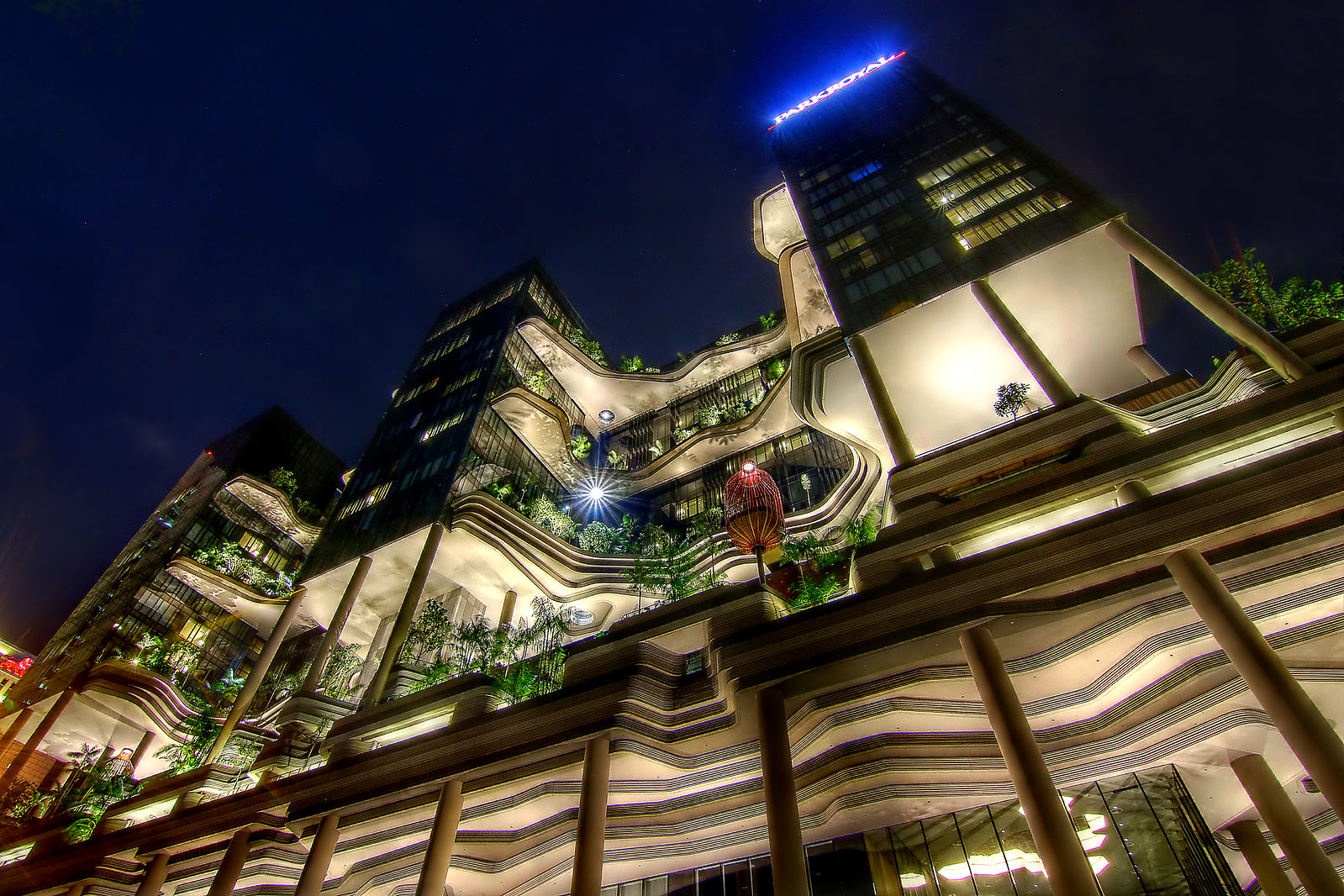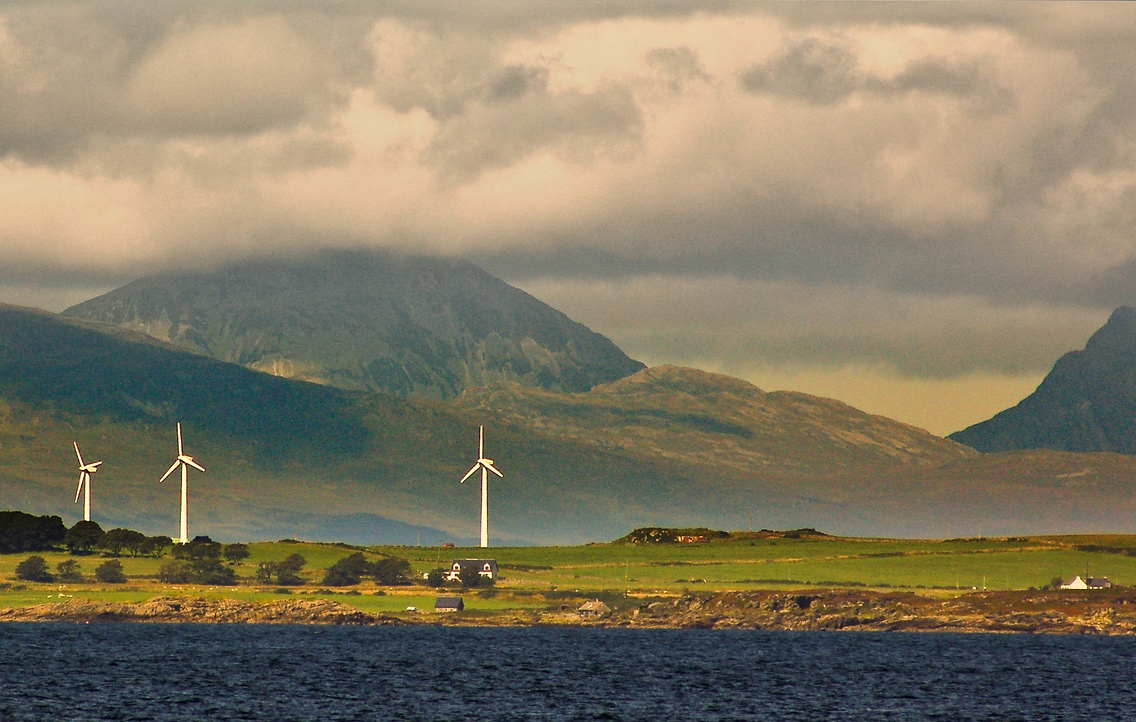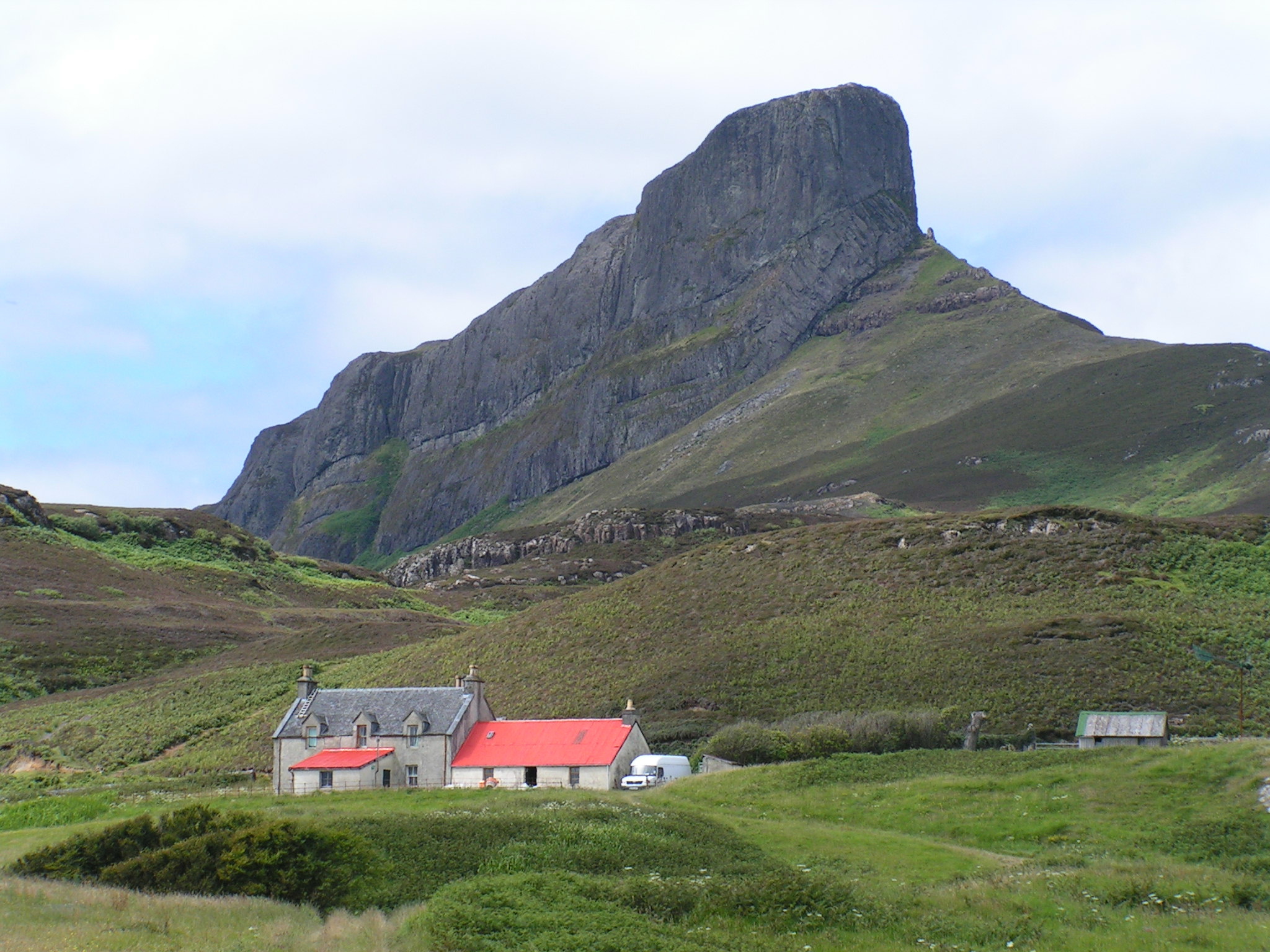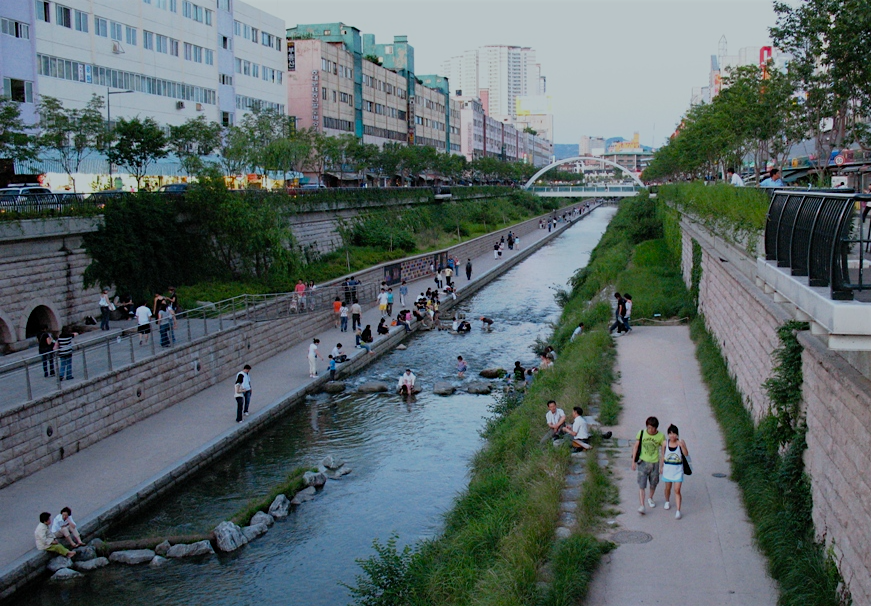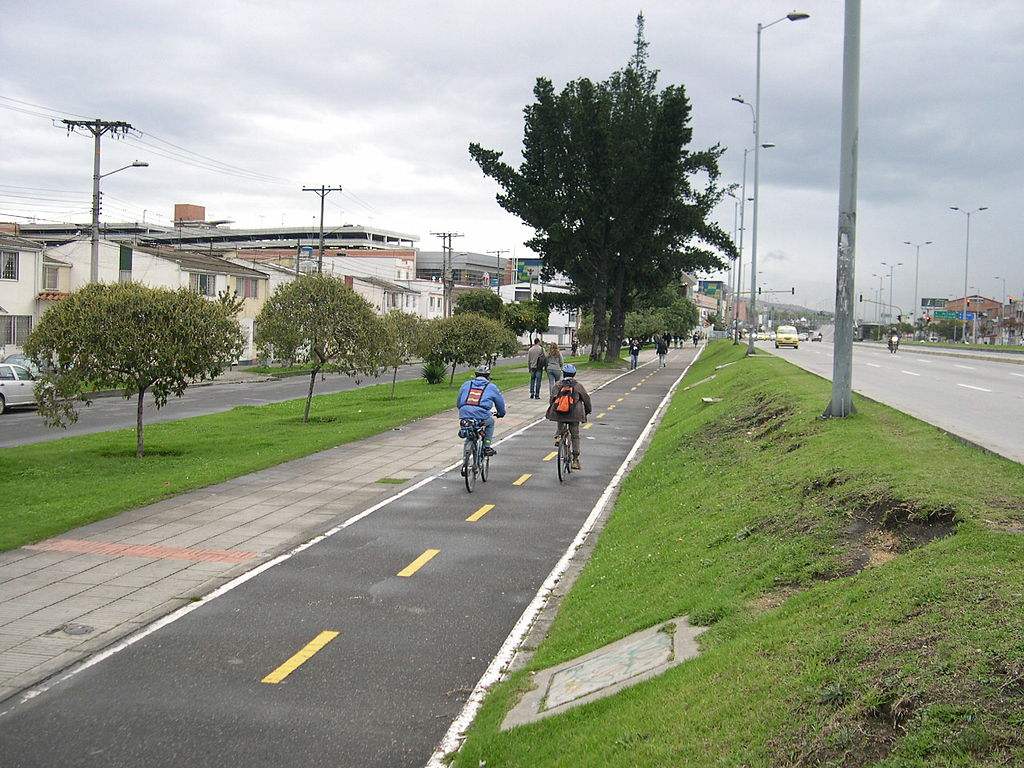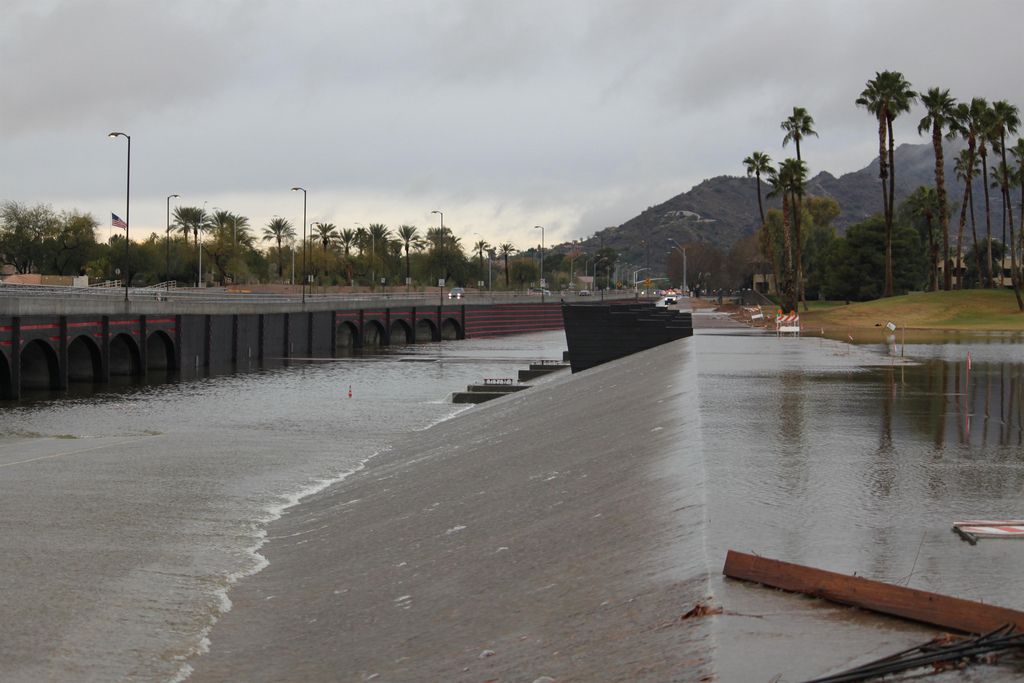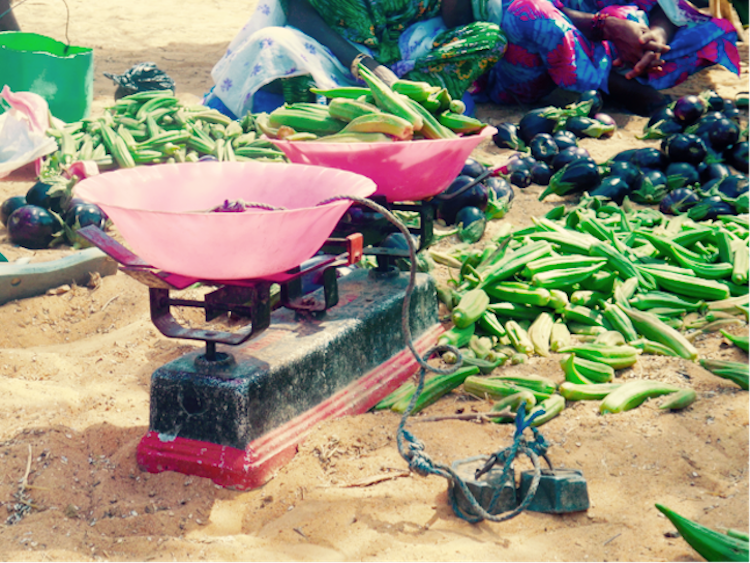Contribute A Seed
Do you know of a project, idea or initiative that could radically change the world for the better? Elements of a Good Anthropocene currently exist on the planet, and in this project we are calling them ‘seeds’. 'Seeds' are initiatives that exist at least in prototype form, but are not currently dominant in our world. They can be social, technological, economic, social-ecological, ways of thinking or doing, case studies, or [...]


